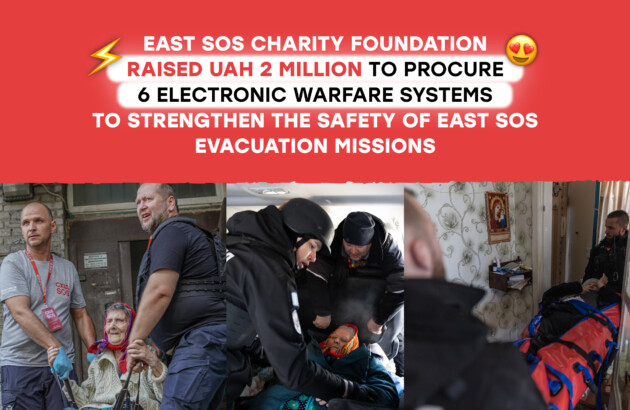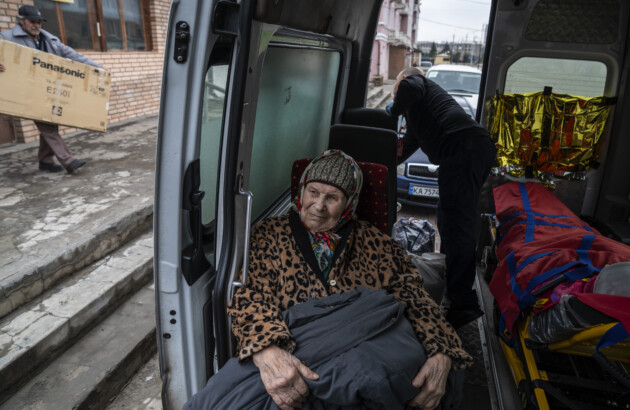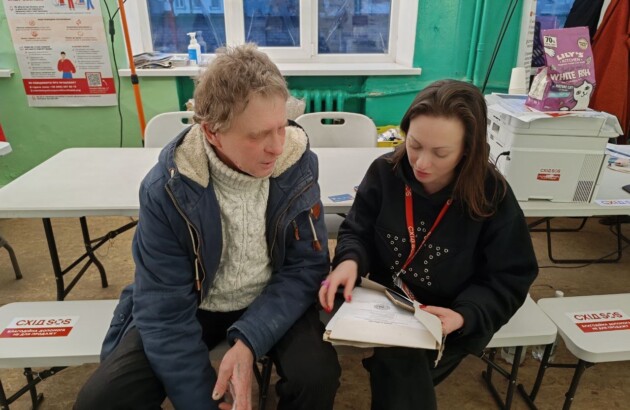The conflict in Donbas is not frozen. Conclusions of the international monitoring mission* to the area of hostilities in eastern Ukraine.
The conflict in Donbas is still active, with daily shelling, and the locals continue to live with a feeling of anxiety and fatigue – this was confirmed by the participants of the international monitoring mission to Donbas which was held from 24 to 29 July 2020.
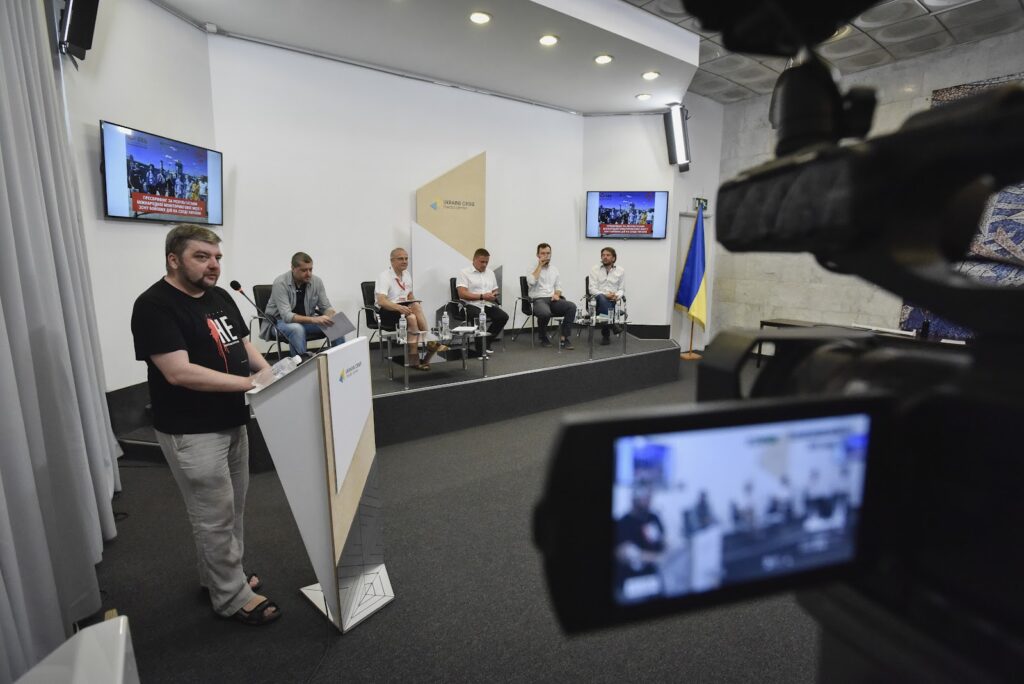
In particular, the participants of the mission were in the zone of hostilities on July 27, when, according to the agreements reached in Minsk on July 22, a comprehensive and complete ceasefire was to take effect. “The day before we were in Zolote and heard multiple sounds of fire. Already on July 22, we talked to a man who had been working in the field the day before, and received a shrapnel injury to his arm. Thus, he was wounded after the ‘silence regime’ was supposed to take effect,” said Ivar Dale, an expert with the Norwegian Helsinki Committee.
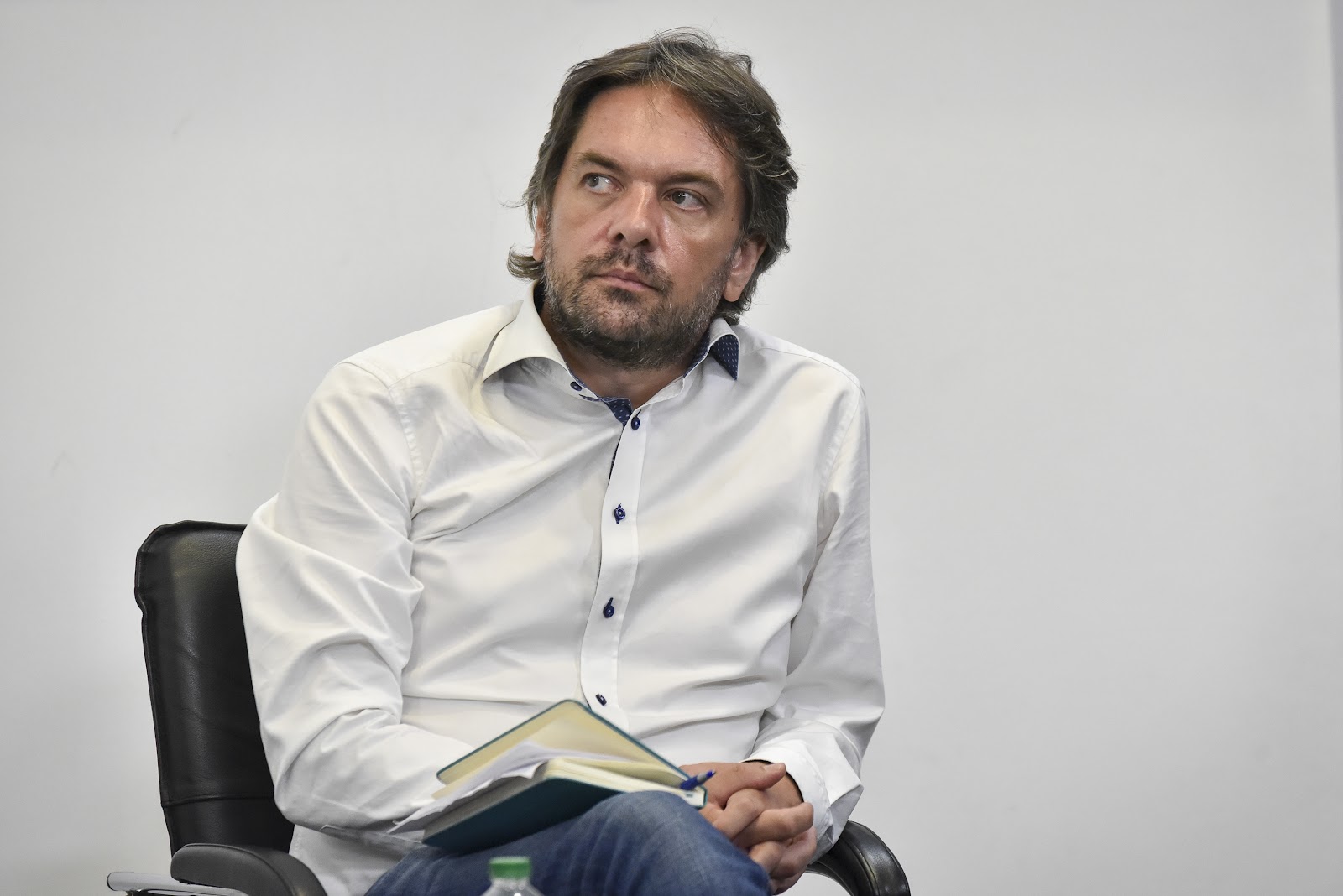
“Nowhere was there any certainty that the ceasefire would hold. Locals are talking about a force building-up on the other side [in the so-called ‘DPR’ and ‘LPR’ – ed.], they are afraid of escalation and a new big war,” said Andreas Umland, a German expert at the Ukrainian Institute for the Future.
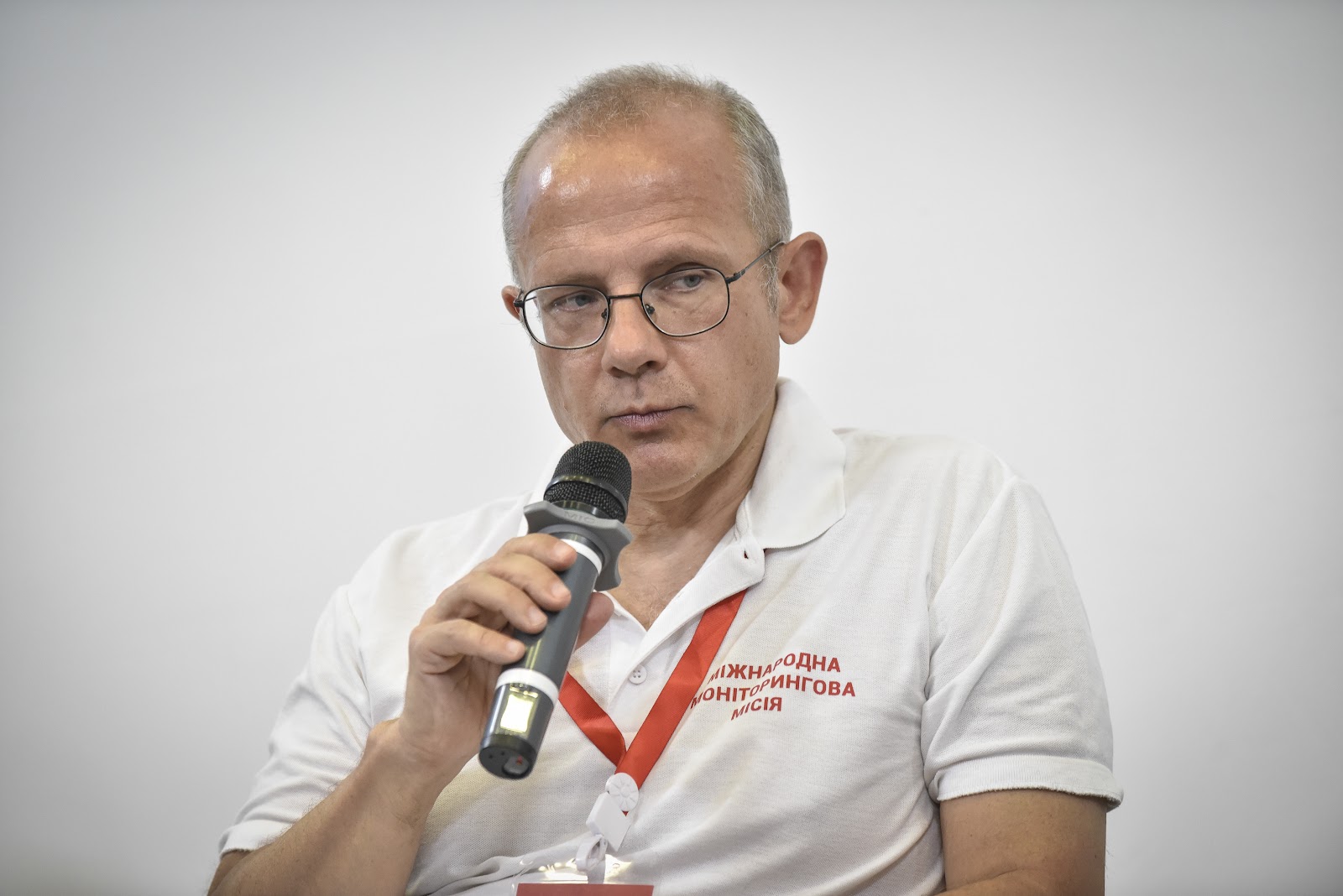
The negative impact of Covid-19 and pandemic-related restrictions is most felt at the entry-exit crossing points (EECPs). Despite the fact that the Ukrainian side has opened the passage, some people cannot get home, for example to Donetsk, due to arbitrary restrictions imposed by the so-called “DPR”. “Elderly people have been sitting at a bus stop and sleeping in tents [accommodation, food and drinking water for people is provided by the Ukrainian side – ed.]. We have seen women who are 70 or 80 years old, sitting and waiting to be able to go home,” says Ivar Dale. Polish journalist Piotr Andrusieczko adds to this: “The so-called ‘DPR’ does not let them in. It’s terrible that in the 21st century, in Europe, people have to live on the street“. The mission participants consider it unacceptable that the Russian-controlled “DPR” and “LPR” are using the measures related to the pandemic to restrict freedom of movement.
The participants of the mission visited the settlements located immediately at the contact line: Opytne, Bohdanivka, Katerynivka, Krymske. “People here face very specific problems: there is no electricity, water supplies are interrupted, roads are contaminated with mines. I was in Opytne two years ago, almost nothing has changed,” says Andrusieczko.
At the same time, there are positive developments in the region as a whole. The mission participants note a positive effect from the road construction, in particular, in Luhansk region. “This is an impulse to economic development. For example, farmers who grow fruits and vegetables now send their goods to markets in Kyiv or Kharkiv; trucks come from Kyiv. Previously, this was impossible because of damaged roads. Infrastructure development also has a good impact on people’s mobility,” said Andrusieczko.
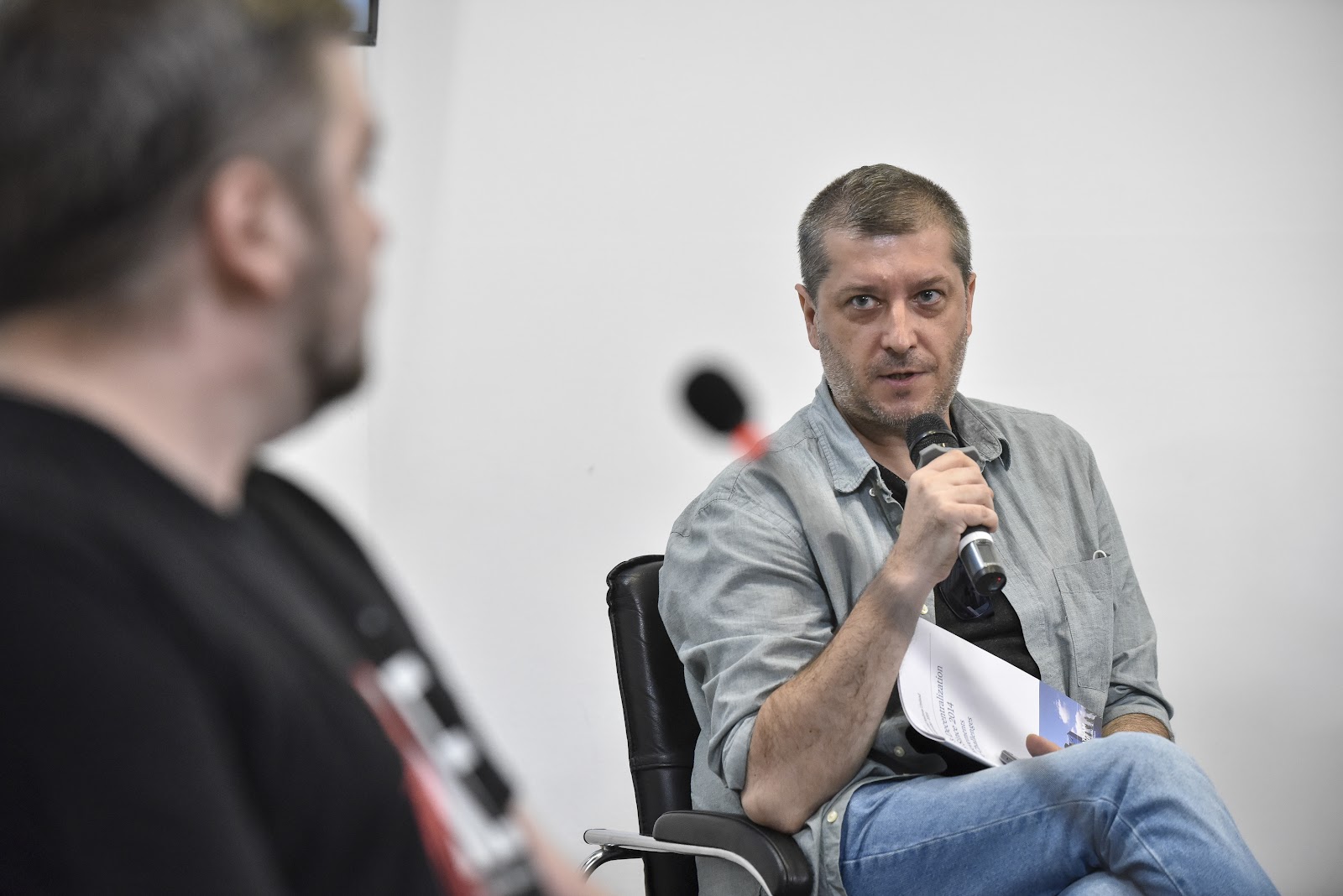
The mission participants note that Donbas residents are wary of the local elections scheduled in Ukraine for October 25. “In the frontline zone, people are afraid of the elections. Their main concern is manipulations of pro-Russian forces. Although martial law is not officially declared here, de facto it is in effect, and people often told us that they support the preservation of military and civil administrations. One of the concrete proposals to improve the relationship between local civilians and authorities is to establish public councils as representative bodies of the civilian population for communication with the military,” Andreas Umland concluded.
Such missions are an important tool in the information work of the German non-governmental organization DRA. The selection of participants is driven by a goal to expand the channels and the geography of distributing credible information about the Russian-Ukrainian conflict. It is important that this information is also available in Russia, to counteract the Kremlin narratives. “It is necessary to work with Russian society, to promote alternative viewpoints, to tell the truth. For many, the discussion about Donbas has frozen at the level of 2014-2015. It is necessary to talk as much as possible about the current humanitarian agenda in Donbas, to explain what is the contact line, and how people in dilapidated villages at the front line, six years since the beginning of the conflict, cannot go out to get bread as the ceasefire has never been respected in full. It is necessary to say that the center of coordination of ‘green corridors’ recognized by both sides, Ukraine and Russia is practically non-existent, and no one would be accountable, for example, for the recent death of a Ukrainian doctor near Zaitseve who was shot by “DPR” forces while trying to evacuate the wounded from the front line“, – says Grigory Frolov, Vice President of the Foundation “Free Russia”.
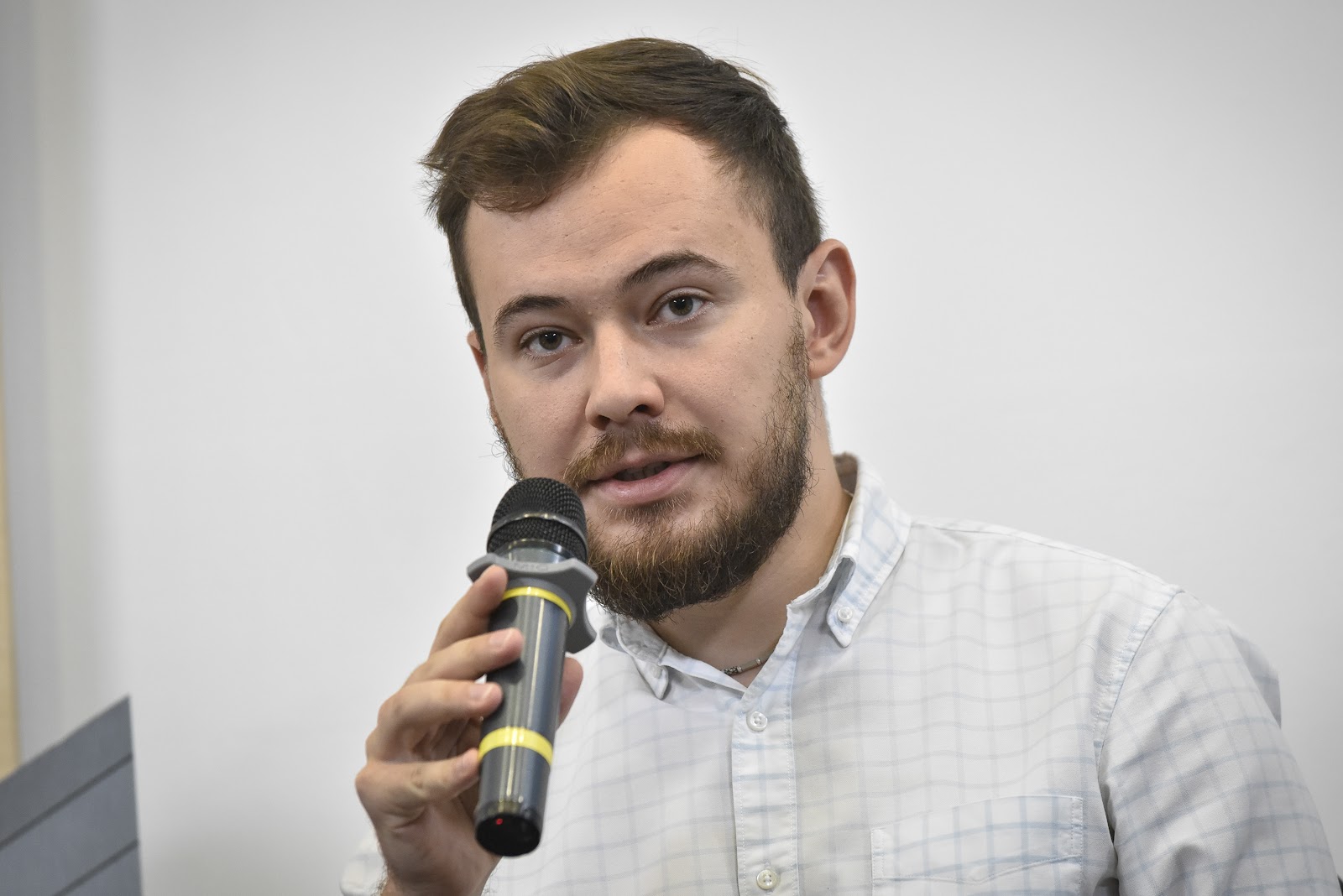
Kostyantyn Reutsky, Executive Director of the East SOS Charity Fund says the following about the purpose of international missions: “We are grateful to our partners and the German Foreign Ministry for their constant attention to the problems caused by the military aggression in eastern Ukraine. Field studies that engage European experts allow us to better understand the roots of the problems and to act more effectively to solve them. In addition, this work allows to bring the problem of military aggression and its consequences back into the public discussion of the EU countries. It is important for politicians and diplomats to adequately assess the risks of the Russian Federation’s aggressive foreign policy.”
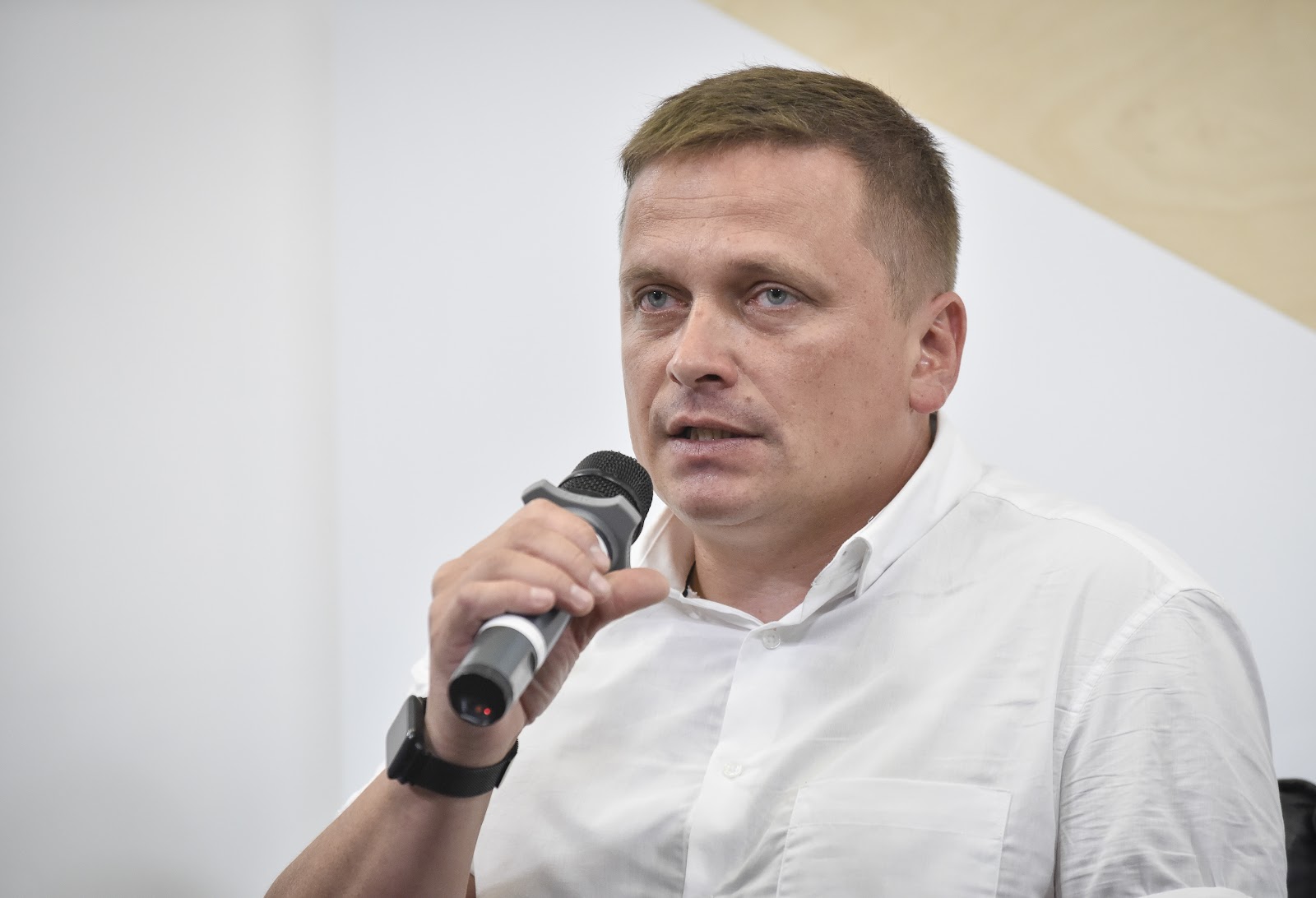
*The international monitoring mission took place from 24 to 29 July 2022. The experts from five countries participated in the mission: Mr. Kostyantyn Reutskyi, executive director of the сharitable foundation East SOS (Ukraine), Ms. Yulia Krasilnykova, chair of the board of the East SOS (Ukraine), Mr. Yevhen Vasyliev, coordinator of the East SOS programs on monitoring and documenting human rights violations (Ukraine), Mr. Piotr Andrusieczko, a journalist at Gazeta Wyborcza (Poland), Mr. Ivar Dale, an expert of Norwegian Helsinki Committee (Norway), Mr. Andreas Umland, an expert at the Ukrainian Institute for the Future (Germany), and Mr. Grigorii Frolov, vice-president of the Free Russia Foundation (Russia).
International monitoring mission is a joint project of the German NGO DRA and Ukrainian charitable foundation East SOS, with the financial support of the German Federal Ministry for Foreign Affairs. This is the eighth monitoring mission to eastern Ukraine initiated by DRA. The themes and reports of the previous missions are available here.
For additional information and interviews please contact:
in Kyiv – Ms. Yulia Krasilnykova (+380965965786, [email protected]), in Berlin – Ms. Iryna Yakovlieva (+491635080028, [email protected] ).

A video of the briefing is available at:
https://www.youtube.com/watch?v=3rxDnMw9Iqg
